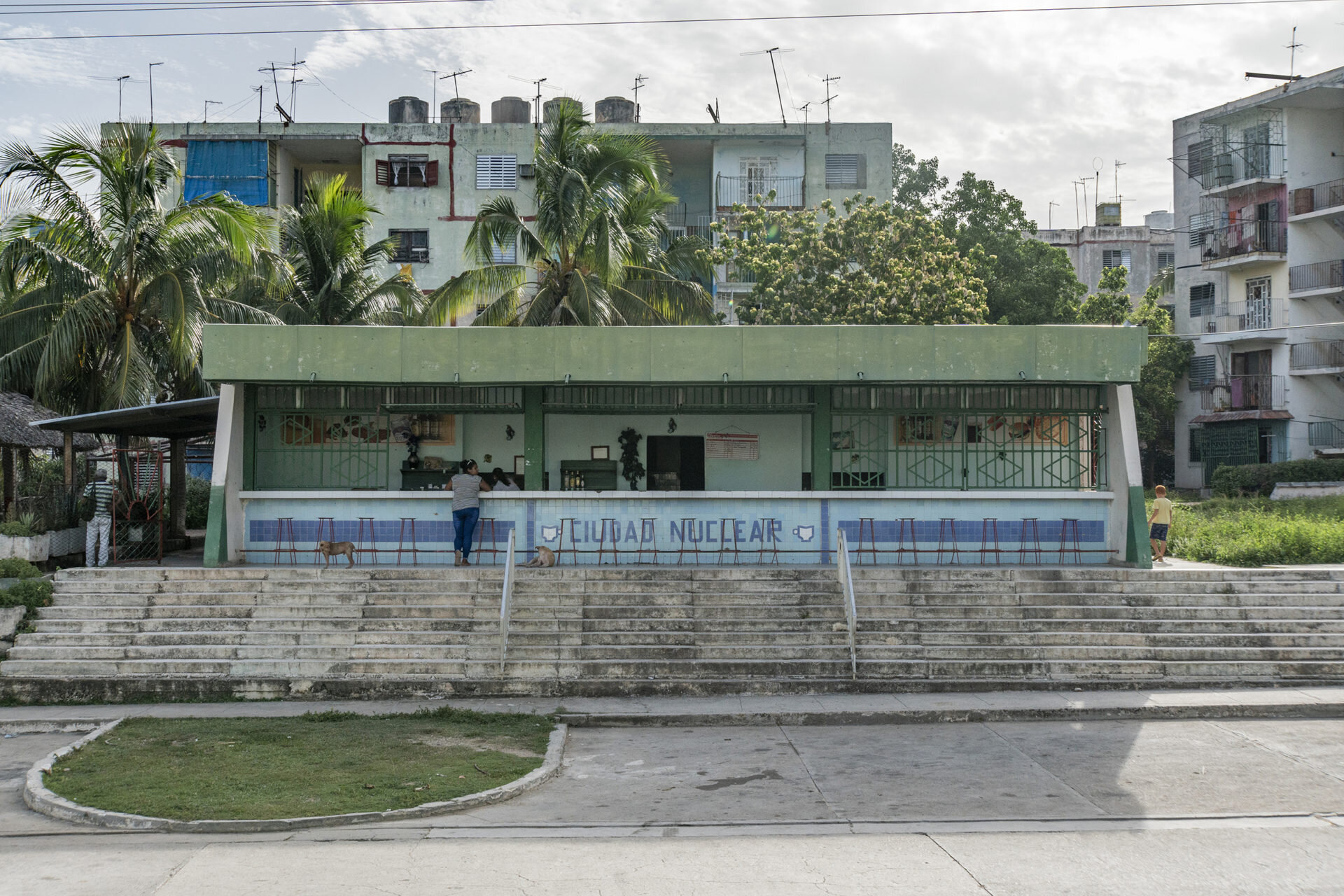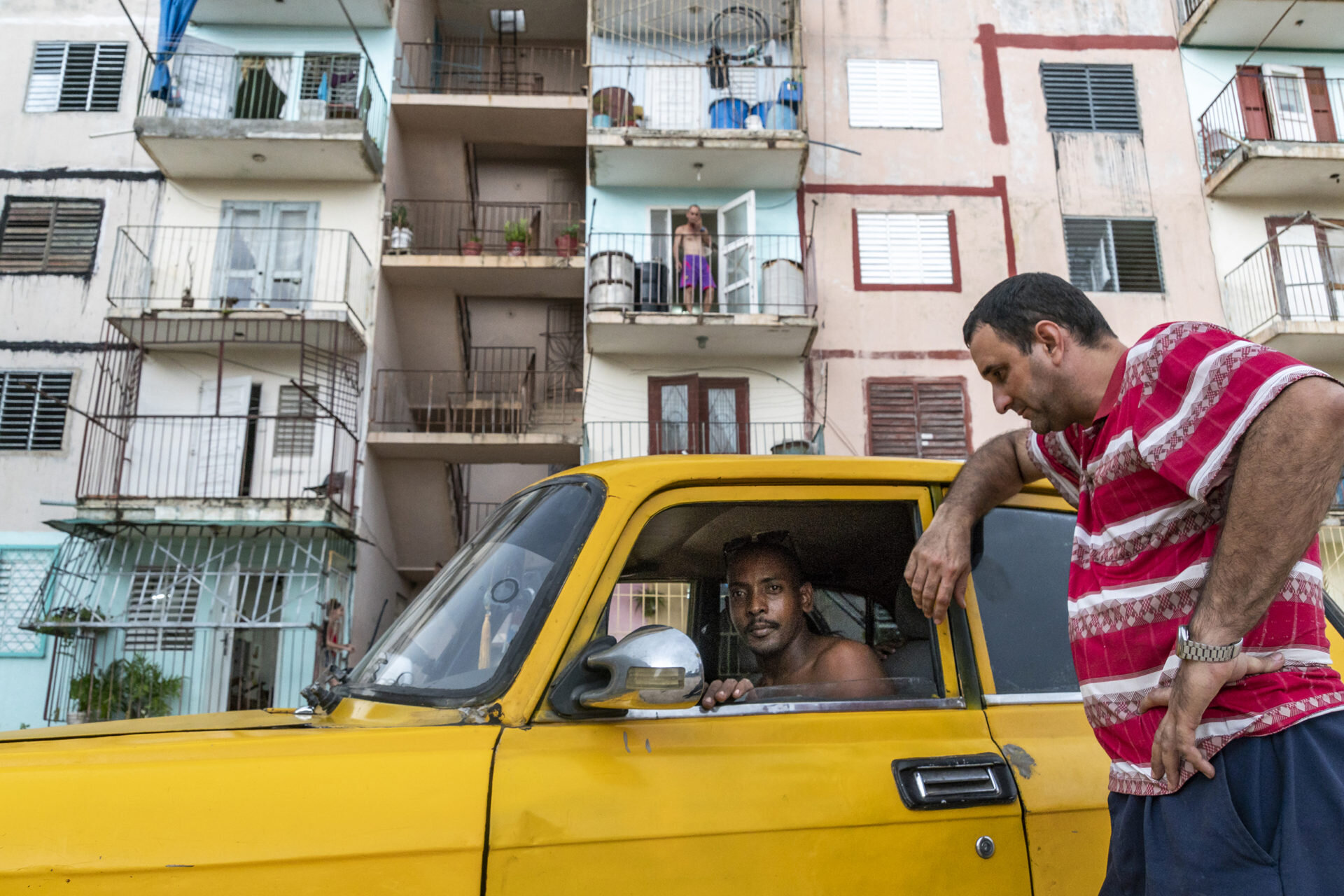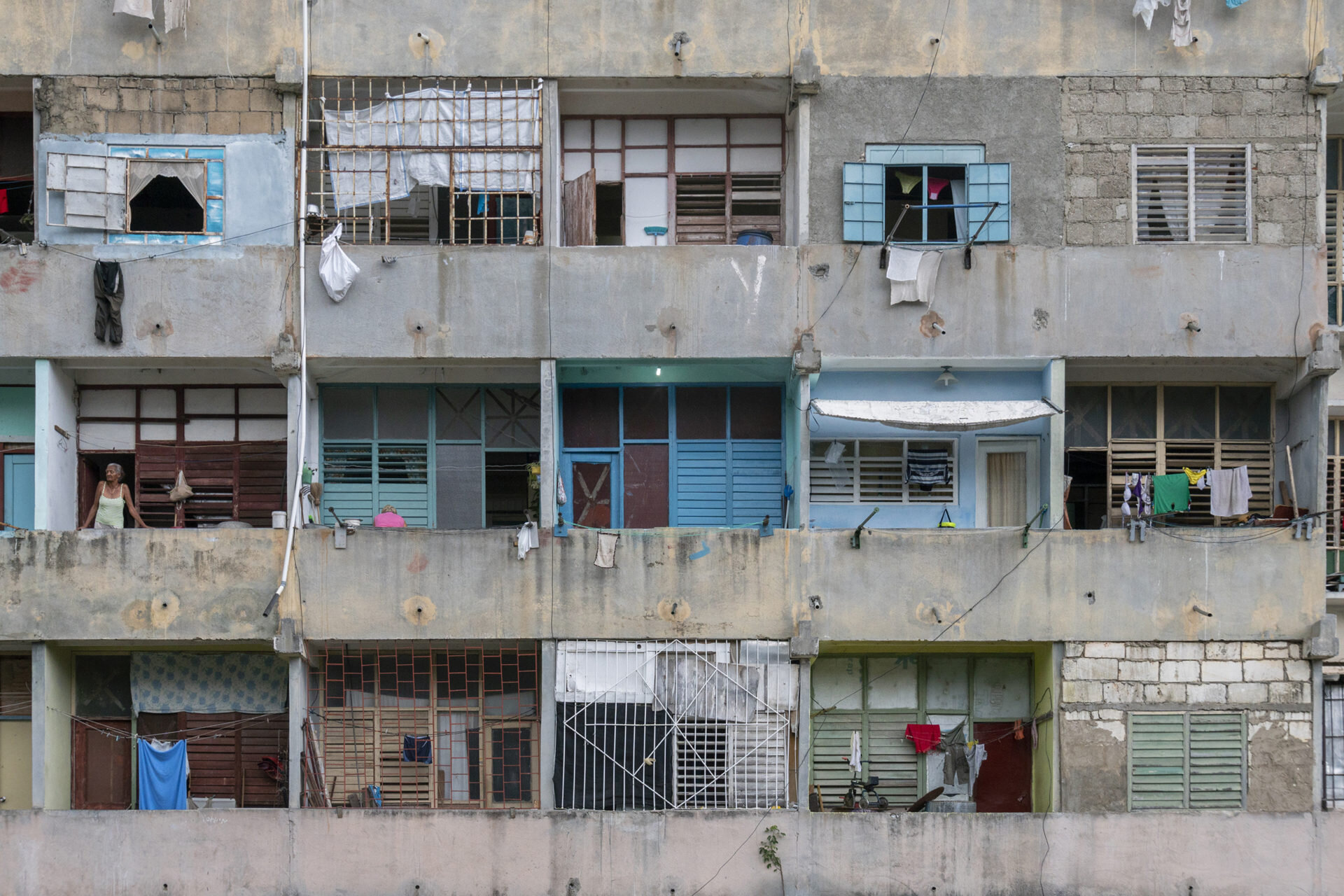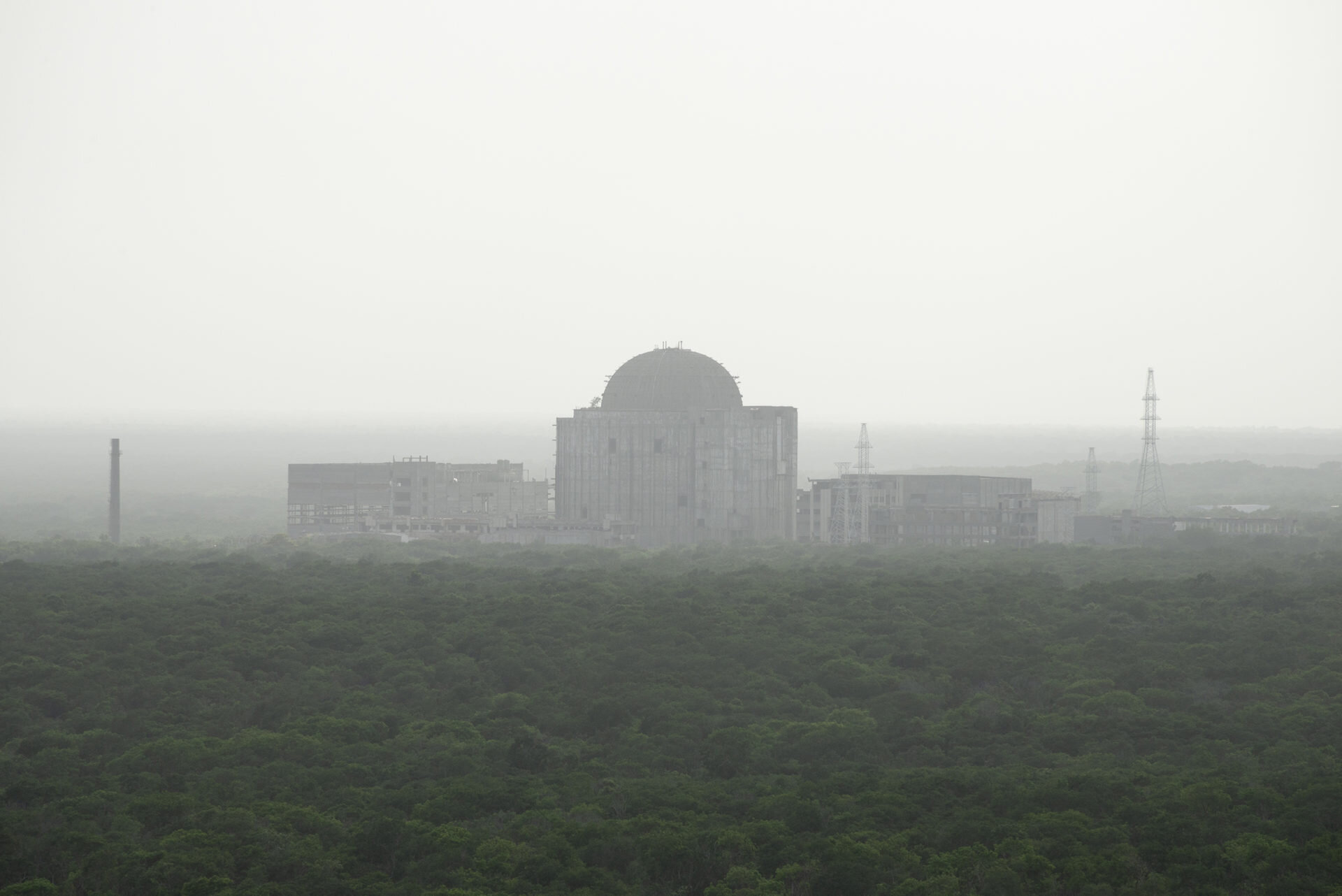Libre
/By Kenn Taylor:
Those 1950s American cars are a key symbol of Cuba under Communism, giving a bit of old glamour to all those Lonely Planet images and travel documentaries. They’re real enough, seen all over Havana. Many however are like ‘Trigger’s Broom’ - having had so many parts replaced they’re more new than old. There’s no denying though that they’re still cool. In Cuba, they are a key part of that desire for ‘difference’ that attracts people to a place. And their owners are only too keen to earn some extra cash taking visitors for a ride along the sea drive, the Malecon, under the sun and close to the spray of waves.
Less well photographed though are the Ladas. The reason the old American cars are still there of course, has largely been the lack of something to replace them, due to the ongoing economic blockade. Though now they’re so famous they are likely to always remain, as visitors will always want something of the past that meets their expectations. The Ladas from Mother Russia though, were the main replacement car for all those decades after the Revolution. They were popular locally for their ruggedness and relative modernity, though of course the Ladas themselves are now also ancient. While less well known as a symbol of Cuba, Ladas are a big part of the modest traffic that runs around Havana, in particular being used heavily as taxis.
I had little naivety about Cuba’s ‘alternative’ system. While there’s a general lack of the hunger and homelessness that marks much of the UK, in turn you are faced with a Government which tolerates no alternative political parties or dissent and heavily restricts its citizens. While basic needs are generally met, the standard of living is also low. Those old cars may have a certain romance and now a tourist income for their owners, but having to constantly repair a forty year old refrigerator has less allure.
The famous free education in Cuba also doesn’t always translate into liberation. In my final Lada taxi to the airport I spoke at length with the driver. He had a master’s degree in IT but saw little point in using it in Cuba when he could make more money by driving. As well as have more freedom, not having to work for the state. He talked about how he felt his education was wasted and how, like many, he wanted to leave. In turn he asked me about IT work in the UK. I said as far as I knew, it was well paid, but highly competitive. And that a lot of IT jobs were now being ‘offshored’ to other countries where labour was cheaper. He was aware also that we had to pay for university and asked how much it would cost to study for an IT masters. It took me a bit of time to work out the maths and then convert it into to Cuban currency. He was aghast at the expense. “Yes, it’s a real problem,” I said. “Especially if you’re from a poor background.”
We were pretty quiet after that as we did the final leg towards the airport, pondering the madness of our two systems. Neither of which anyone really believes in anymore, both slowly falling apart.
***
Kenn Taylor is a writer and arts producer. He was born in Birkenhead and has lived and worked in Liverpool, London, Bradford, Hull and Leeds. His work has appeared in a range of outlets from The Guardian and CityMetric to The Crazy Oik and Liverpool University Press. www.kenn-taylor.com







